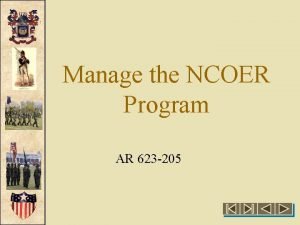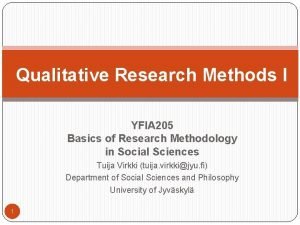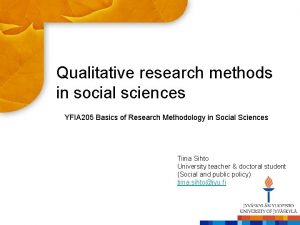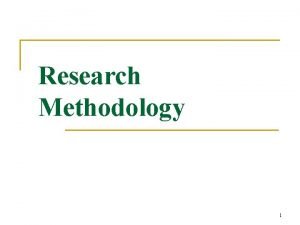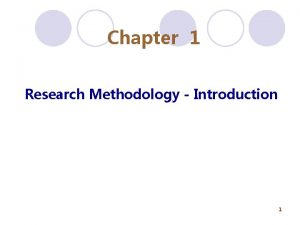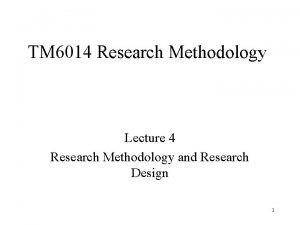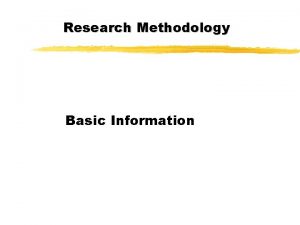YFIA 205 BASICS OF RESEARCH METHODOLOGY IN SOCIAL

YFIA 205 BASICS OF RESEARCH METHODOLOGY IN SOCIAL SCIENCES, 5 CR.

Programme � Autumn 2016: � 1. Petteri Niemi: Science, knowledge and theory, Mon 31 Oct (OPK 141 10. 15 -) 2. Pertti Jokivuori: Empirical social science, Thu 3 Nov (OPK 141 ; 14. 15 -) 3. Tuija Virkki: Qualitative research & assignment of qualitative exercise, Mon 7 Nov (OPK 141 10. 15 -) 4. Pertti Jokivuori: Introduction to quantitative research, Thu 10 Nov (F 106; 14. 15 -) 5. Pertti Jokivuori: Quantitative research, data analysis, Mon 14 Nov (X 151; 10. 15 -) 6. Pertti Jokivuori: Quantitative research, data analysis, Thu 17 Nov (OPK 139; 14. 15 -) 7. Marjo Kuronen: Qualitative research , Mon 21 Nov (OPK 141; 10. 15 -) 8. Marjo Kuronen : Qualitative research, Thu 24 Nov (F 106; 10. 15 -) 9. Tuija Virkki: Qualitative exercise, feedback discussion Mon 28 Nov (OPK 141; � � � � �

Content of the lecture: Empirical social science � 1 Basic Terminology �II Intro to Social Research Methods

Research �In common parlance research refers to a search for knowledge �Scientific and systematic search for essential information on a specific topic �An art of scientific investigation �Human activity based on intellectual (scientific) method during the investigation of matter

Research

OBJECTIVES OF RESEARCH �The purpose of research is to discover answers to questions through the application of scientific procedures �The main aim of research is to find out true knowledge ◦ Knowledge that is hidden or not yet been discovered �deepen understanding of a topic �test if the earlier knowledge (theory) is still valid/ to improve theory � Kothari, C. R. . Research Methodology : 2004.

Methodology � Generally a guideline for solving a problem ◦ with specific components such as phases, tasks, methods, techniques and tools � More precise definitions, which refer to the study of methods: A. The analysis of the principles of methods, rules, and postulates employed by a discipline B. The systematic study of methods that are, can be, or have been applied within a discipline C. The study or description of methods D. The rationale and/or the philosophical assumptions that underlie a particular study or a particular methodology (for example, the scientific method). Esterberg, K. G. 2002 Qualitative Methods in Social Research

Scientific method � A series of steps taken to get knowledge � A body of techniques for investigating phenomena, acquiring new knowledge, or correcting and integrating previous knowledge � To be termed scientific, a method must be based on gathering empirical and analysisenabling evidence subject to specific principles of reasoning � The Oxford English Dictionary says that scientific method is: ◦ "a method of procedure that has characterized natural science since the 17 th century, consisting in systematic observation, measurement, and experiment, and the formulation, testing, and

Empirical �A central concept in modern science �The evidence must be empirical, or empirically based �Dependent on evidence or consequences that are observable by the senses �Denotes information gained by means of observation or experimentation. �Empirical data is data produced by an experiment or observation

The empirical research process (step by step): �Formation of the topic �Theoretical framework, literature review (essential previous research/results of a topic) & the analysis of concepts �Identification of research problem/ Hypothesis �Gathering of data �Analyzing and interpreting the data �Reporting and evaluating research: Conclusions �Step order may vary depending on the subject matter and researcher � Glenn, Jerome Clayton. Handbook of Research Methods. Global Media, 2010. Esterberg, K. G. 2002 Qualitative Methods in Social Research

The empirical research process Esterberg, K. G. 2002 Qualitative Methods in Social Research

The empirical research process Esterberg, K. G. 2002 Qualitative Methods in Social Research

The empirical research process Esterberg, K. G. 2002 Qualitative Methods in Social Research

Positivism as background of empirical orientation in social sciences � � � � In 19 th century: counter movement against metaphysics, natural philosophy and speculative philosophy Speculative philosophy makes claims that cannot be verified by everyday experience of the physical world or by a scientific method Positivism: The only authentic knowledge is that which is based on sense, experience and positive verification Auguste Comte (1798– 1857) saw the scientific method as replacing metaphysics in the history of thought Sociological positivism was later reformulated by Émile Durkheim (1858– 1917) as a foundation to social research At the turn of the 20 th century the first wave of German sociologists, including Max Weber (1864 – 1920) and Georg Simmel (1858 – 1918)rejected the doctrine, thus founding the antipositivist tradition in sociology Two Camps: quantitative & qualiative research-orientations

§Research strategy § Qualitative § inductive § generating of theory § interpretivism, i. e. individuals interpreting their social world § constructionism, i. e. social reality as constantly shifting creation of individuals § Quantitative § deductive § testing theory § positivism, i. e. resemblance to natural scientific model § social realism and objectivism; external reality Bryman, A. 2004. Social Research Methods

§Qualitative vrs. quantitative research Distinction may be artificial as both can be used in the same study § Qualitative orientate towards understanding, interpretation, subjective experience, intersubjective meanings, social processes, contexts and cases § Quantitative towards measurement, causality, generalization, replication and large population by using statistical methods § Esterberg, K. G. 2002 Qualitative Methods in Social Research

Thank you for your attention!
- Slides: 17




